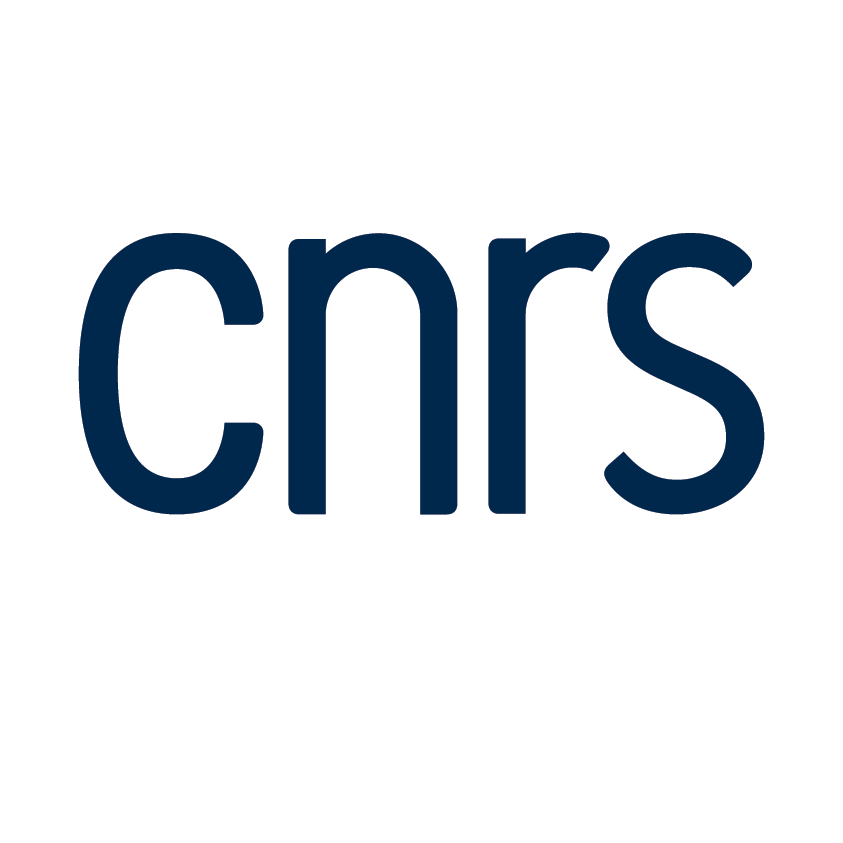Retour
Séminaire de Théorie Algorithmique des Nombres
Pseudorandom Correlation Generators from the Hardness of Decoding Codes over Group Algebras
Maxime Bombar
( CWI )salle 2
le 07 novembre 2023 à 11:00
The main bottleneck of secure multiparty computation is the cost of the communication between all the parties. Nevertheless, it is known for a long time that if prior to the actual MPC protocol, all the parties share random field elements having a useful correlation such as random multiplication triples, or the so-called random Oblivious Linear Evaluations (OLE's), the parties can engage in a very efficient protocol. The goal is therefore to generate this large amount of correlated randomness. To achieve this goal, Boyle et al. recently introduced a new tool which they called "Pseudorandom Correlation Generators" (PCG's) and demonstrated how it can be used to generate and distribute a large amount of (pseudo)random OLE's to two parties, using minimal interactions, followed solely by local computations. This enables secure two-party computation with "silent preprocessing", which can be extended to N-party using "programmable" PCG's.
Previous constructions of programmable PCG's for OLE's suffer from two downsides: (1) They only generate OLE's over large fields, and (2) They rely on a rather recent "splittable Ring-LPN" assumption which lacks from strong security foundations.
In this talk, I will present a way to overcome both limitation by introducing the "Quasi-Abelian Decoding Problem" which generalises the well-known decoding problem of quasi-cyclic codes, and show how its hardness allows to build programmable PCG's for the OLE correlation over any field Fq (with q>2).
Finally, if time permits, I will evoke some ideas towards the q=2 case, which involves some elements from the theory of Carlitz modules over F2(T).
This is based on a joint work with Geoffroy Couteau, Alain Couvreur and Clément Ducros
Previous constructions of programmable PCG's for OLE's suffer from two downsides: (1) They only generate OLE's over large fields, and (2) They rely on a rather recent "splittable Ring-LPN" assumption which lacks from strong security foundations.
In this talk, I will present a way to overcome both limitation by introducing the "Quasi-Abelian Decoding Problem" which generalises the well-known decoding problem of quasi-cyclic codes, and show how its hardness allows to build programmable PCG's for the OLE correlation over any field Fq (with q>2).
Finally, if time permits, I will evoke some ideas towards the q=2 case, which involves some elements from the theory of Carlitz modules over F2(T).
This is based on a joint work with Geoffroy Couteau, Alain Couvreur and Clément Ducros




